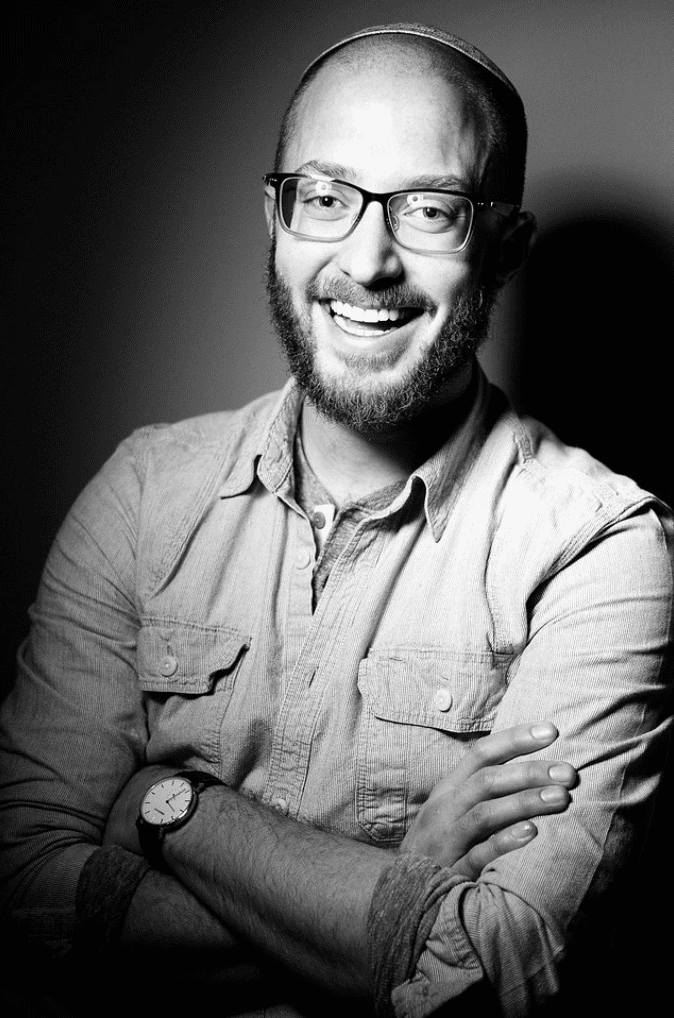
We find ourselves at a most difficult part of the year. “YameiBeinHameitzarim”, the days between the straits, are a period of national mourning, a time of introspection and reflection on all that we’ve lost. Every year, this time coincides with the reading of our sidra this week, Matot-Masei.
Masei opens with a list of forty-two journeys the B’nai Yisrael embarked on throughout their forty years in the wilderness. As a point of information, this could be quite interesting for a historian – however, as we know, the Torah is not a history book, nor is it particularly concerned with superfluous detail. Rashi, picking up on this irregularity, offers a midrash which explains the inclusion of the travels of the Jews in the desert, revealing a subtle but profound lesson relevant both for our personal and national identities. Rashi explains that we can view each journey as if we and God were father and son, journeying back from a trip to see a doctor for a critical illness. “Do you remember that brook?” asks the father, pointing, “that’s where the fever almost overtook you. And there, just by that rock, we had to rest for three days until you had strength to carry on.” And so they continue, reminiscing about each stop on the journey to the doctor, and eventually to health. So too, says Rashi, must we view our journeys in the desert. At each place was a travail, a sorrow, a story. However, looking back on those forty years, on the cusp of entering Eretz Yisrael, the journeys take on a new light.
We have all experienced this phenomenon in our personal lives. When we’re mired in a struggle, fighting with our very essence to survive – a downturn in business which sends us into debt, a familial dispute that threatens its very fabric, a surge of doubt about our lives directions – things can very often feel hopeless. “What was life like before this”, we wonder, “and will we ever see the light of day again?”
A bit of perspective, however, can work miracles. When we have passed the obstacle and are on the other side, we suddenly realise that we would not be who we are, with the depth of personality, connection to others, and fortitude, if we had not persevered.
It is only in the ultimate failure that stumbles turn to permanent disaster.
So, God tells us, “those journeys that we took together, they were hard. You fought by the skin of your teeth to survive, and many of you didn’t. But you grew. And you learnt. And you strove. And because you persevered, the very tidal waves that threatened to overtake you have instead borne you home safely, better, wiser, stronger, and more complete than you were before.”
This period of the year reflects those same journeys. We are mired in the blink of an eye that we call history, the minuscule slice of infinity which we have the privilege to witness. To us, these days are indeed “beinhametzarim”.
Astoundingly, the very halakhot of Tisha B’Av point us to a different ending. Tisha B’Av is a chag like any other – we don’t say tahanun on either erev Tisha b’Av or on the day itself. Many people confuse this as a sign that Tisha B’Av is a chag “L’atidlavo”, in the coming future – however, this is not the case. Tisha B’Av is a chag now, existentially – we simply don’t possess the perspective to see it. We can turn to the Rambam to provide us with a further dimension of clarity. The Rambam writes that if a fast day is still being observed, it is a sign that the underlying issues which are addressed by that fast have not been properly understood and corrected. We are still fasting on Tisha B’av, and we must ask ourselves the question – why? What is left to be done?
To be human is to fail. It is a choice that the primal Adam made in the Garden of Eden – a life achieved through failure and adversity, but earned for oneself, is a life more valuable than one lived in gifted – but undeserved – perfection. This is the same choice which God Himself made during briah, when he hid the primal Light, shadowing its presence from those to whom it didn’t belong. What is critical, absolutely essential for the achievement of a life, is to never give up, to never stop struggling. It is only in the toil of life that true greatness is won, only out of the slow process of building that a true identity emerges. As ShelomoHaMelekh writes so powerfully, “A righteous person is one who falls seven times and rises”. It is in the rising that everlasting life is won.
Every one of B’nai Yisrael’s journeys were part of who they were, part of their ultimate achievement. Our struggles, each one, every day – the very backbreaking work of life, of connecting to God, of true avoda – these are our journeys, our “masaot”. The only question is, where do they lead?







